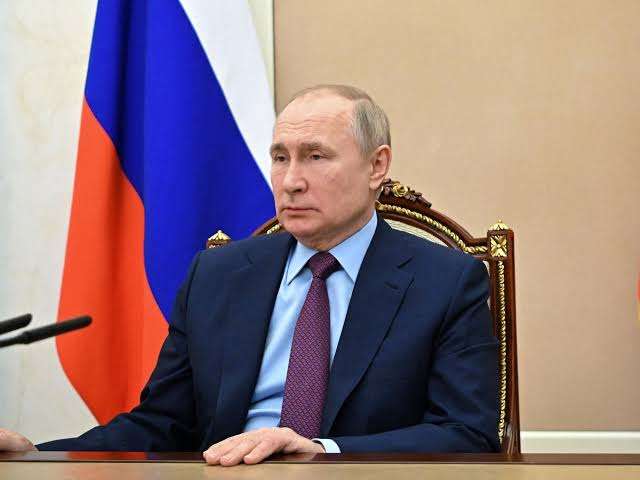Russia explores options like CBDCs and blockchain-based payment systems with allies to counter dollar dominance and mitigate sanction effects.
Russia has officially ratified legislation authorizing the utilization of digital financial assets (DFAs) for international transactions to evade sanctions endorsed by the West.
Vladimir Putin, the president of Russia, signed the law authorizing the use of digital currencies for international trade transactions, ending months of legislative wrangling.
An in-depth examination of the provisions outlined in the recently enacted legislation reveals that its implementation is restricted to tokenized assets issued by the Bank of Russia for use in foreign trade payments.
The new regulation expressly forbids domestic use within Russia’s borders, notwithstanding the legislative authorization granted to DFAs. Although the Russian government is eager to prevent digital currencies from undermining the ruble’s influence in domestic transactions, it continues to view DFAs as a means to circumvent economic sanctions.
In addition to other significant ramifications for Russia’s anti-money laundering (AML) legislation, the new law eliminates the necessity for complete disclosure of participants in a DFA transaction.
“The Federal Law exempts the obligation to disclose information regarding the beneficial proprietor of the individual responsible for issuing digital financial assets due to pre-existing sanctions risks,” read a statement from the legislative body of the nation.
The utilization of digital platforms to transmit non-state pensions and insurance contracts is an additional noteworthy aspect of the legislation. The legislation confers authority on the central bank to establish supplementary prerequisites for the utilization of DFAs in settlements; however, it is improbable that the central bank will extend such prerequisites for domestic application.
“The utilization of digital assets to support international trade operations will enable Russian importers and exporters to collaborate more actively with friendly nations,” stated the chairman of the Duma Financial Committee, Anatoly Aksakov, in February. “We will be capable of resolving the issue of sanctions duress on our nation to some degree.”
Pundits forecast a rocky road to implementation due to the challenging task of onboarding international partners to DFA platforms, despite the platform’s numerous advantages and benefits. In addition, a potential consequence of easing AML regulations is that malicious individuals may exploit the legal loophole to commit financial offenses.
Russia retains several strategic advantages despite its intentions to utilize DFAs to evade sanctions, including a digital ruble equipped with cross-border capabilities.
Russia’s Strategic Maneuvers in Global Finance
Engaging in discussions with China and other allies, the banking regulator has investigated retail central bank digital currencies (CBDCs) that can process international payments. Russia considered stablecoins at one point, but its inability to iron out the kinks in the details derailed its plans to implement them in global settlements.
Currently, Russia is considering implementing a payment system for BRICS member states that utilizes blockchain technology and CBDCs to resolve transactions. The economic coalition is presently considering various strategies to counterbalance the dominance of the U.S. dollar in global commerce and alleviate the repercussions of economic sanctions.












